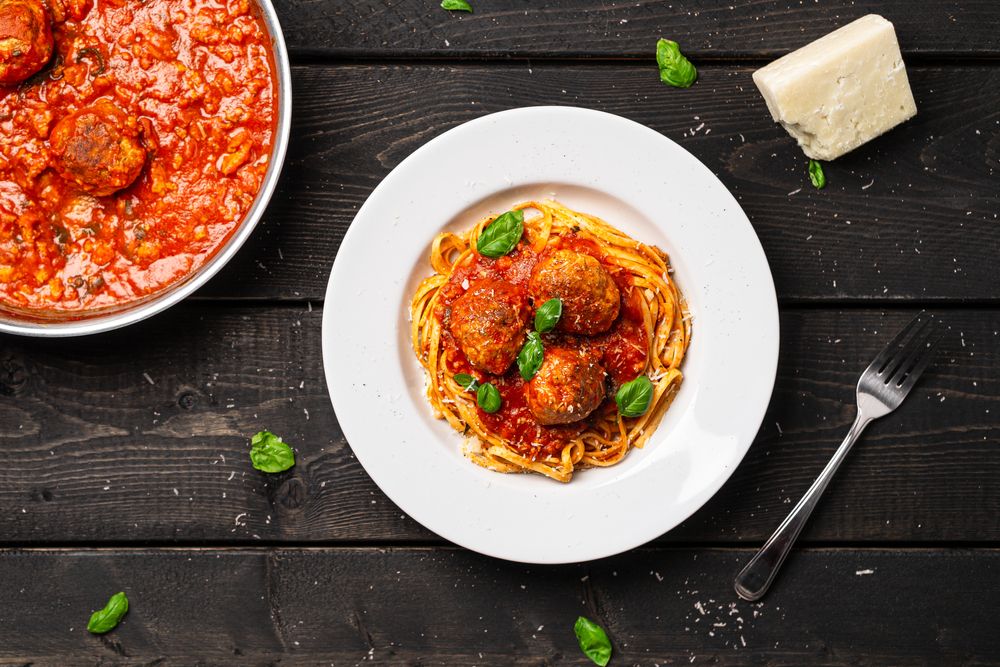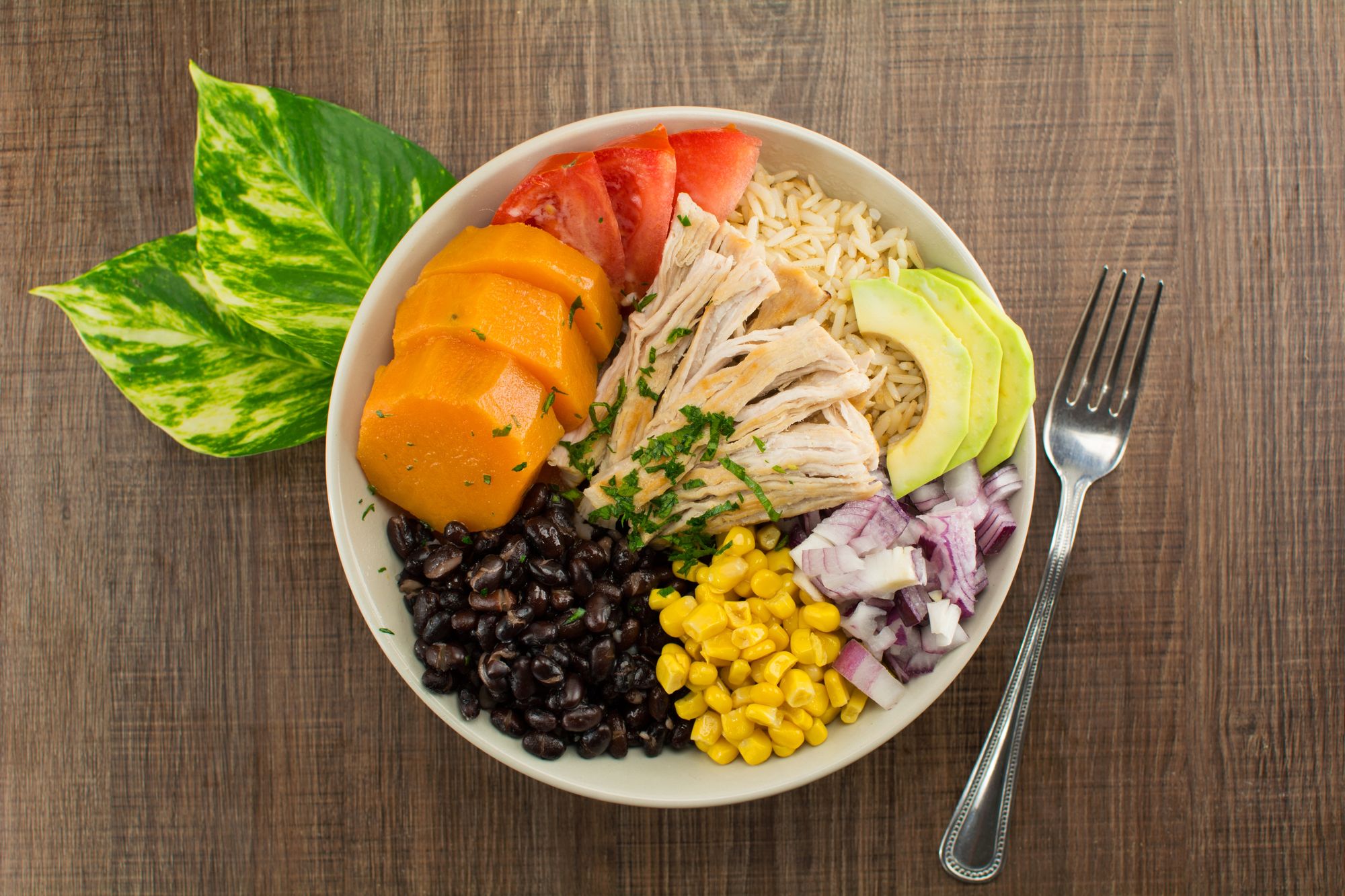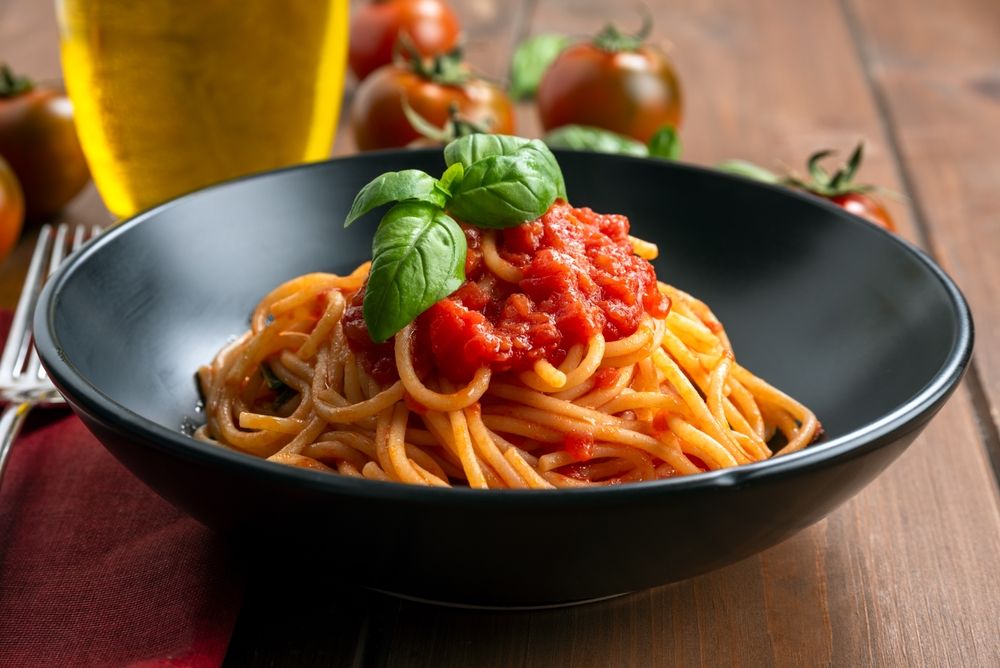
Whether you're a long-distance runner, cyclist, swimmer, or endurance athlete, you're likely familiar with the concept of "carb loading." This strategy helps improve athletic performance by increasing the amount of energy stored in your muscles. By consuming more carbohydrates in the days leading up to a big training session or event, you can delay fatigue, enhance stamina, and potentially improve your overall performance. We spoke with an expert who shared everything you need to know about carb loading and how to incorporate it into your routine.
How Does Carb Loading Work?

"Carb loading is a nutritional strategy primarily used by athletes to increase the amount of stored carbohydrates (glycogen) in the muscles, which helps boost performance," explain The Nutrition Twins®, Tammy Lakatos Shames, RD, CDN, CFT, and Lyssie Lakatos, RD, CDN, CFT, members of our Medical Expert Board. "Typically, athletes consume more carbohydrates than usual while simultaneously reducing their exercise intensity. This allows the body to store more energy in the muscles, ensuring they have ample fuel available for competition."
What Types of Athletes and Physical Activities Benefit Most From Carb Loading?

Carb loading is particularly useful for endurance sports and activities that demand significant muscle energy. For example, you might carb load before a long run, swim, bike ride, marathon, or triathlon. "Generally, it's recommended for any endurance athlete competing for more than 90 minutes," explain The Nutrition Twins.
How to Properly Carb Load
There are different methods of carb loading, but The Nutrition Twins emphasize that all should be done in the days leading up to a major event. If you begin carb loading less than three days before your competition, the strategy won’t be as effective.
"Start three to six days before your event, gradually increasing your carb intake each day, reaching 70% to 90% carbs by three days before the competition," advise The Nutrition Twins. "Focus on nutrient-rich carbohydrates like sweet potatoes, regular potatoes, oatmeal, and whole grains, along with pasta, rice, and bread. These foods provide fiber to keep you regular in the days leading up to the event and antioxidants to reduce inflammation before, during, and after the race."
Be sure to include a balanced variety of whole-grain carbs, bread, and rice to avoid consuming too much fiber the day before your event. Also, steer clear of sugar-laden or refined carbs, which can cause fluctuations in blood sugar.

